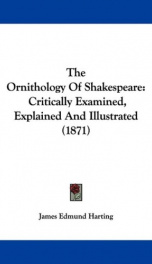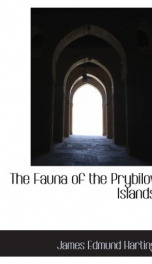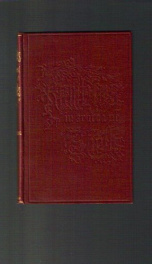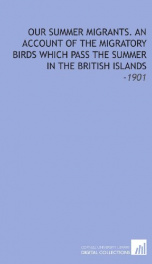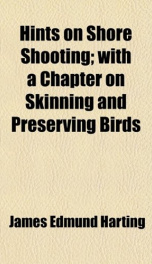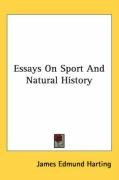the birds of shakespeare
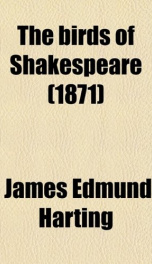
Purchase of this book includes free trial access to www.million-books.com where you can read more than a million books for free. This is an OCR edition with typos. Excerpt from book: CHAPTER II. HAWKS AND HAWKING. T"O those who have ever taken part in a hawking excursion, it must be a matter of some surprise that so delightful a pastime has ceased to be popular. Yet, at the present day, perhaps not one person in five hundred has ever seen a trained hawk flown. In Shakespeare's time things were very different. Every one who could afford it kept a hawk, and the rank of the owner was indicated by the species of bird which he carried. To a king belonged the gerfalcon; to a prince, the falcon gentle ; to an earl, the peregrine ; to a lady, the merlin ; to a young squire, the hobby; while a yeoman carried a goshawk ; a priest, a sparrowhawk ; and a knave, or servant, a kestrel. But the sport was attended with great expense, and much time and attention were required of the falconer before his birds were perfectly trained, and he himself a proficient. This, combined with the increased enclosure and cultivation of waste lands, has probably contributed as much as anything to the decline of falconry in England. During the age in which Shakespeare lived, the sport was at its height, and it is, therefore, not surprising that he has taken much notice of it in his works, and has displayed a considerable knowledge on the subject. In the second part of King Henry VI. Act 2, we find a scene laid at St. Alban's, and the King, Queen, Gloster, Cardinal, and Suffolk appearing, with falconers halloaing. We quote that portion of the scene which refers more particularly to the sport: -- " Queen. Believe me, lords, tor flying at thc brook, I saw not better sport these seven years' day : Yet, by your leave, the wind was very high ; And, ten to one, old Joan had not gone out. King. But what a point, my lord, your falcon made, And what a pitch ...
Info about the book
Author:
Series:
Unknown
ISBN:
1112001611
Rating:
3/5 (2)Your rating:
0/5
Languge:
English
Users who have this book
Users who want this book
What readers are saying
What do you think? Write your own comment on this book!
write a commentGenre
if you like the birds of shakespeare try:
Do you want to exchange books? It’s EASY!
Get registered and find other users who want to give their favourite books to good hands!

